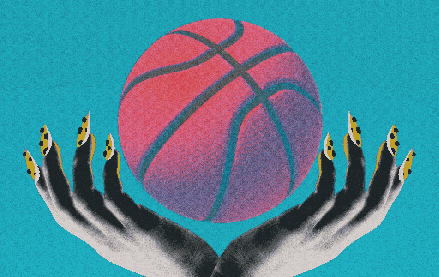
Digiday yesterday published a story with the views of agencies on best practices for how vendors should conduct meetings. Based on over 15 years in publisher sales, I thought this story was hilarious. I’ll quickly break down what was written and provide advice to these poor agency souls to fix their woes.
Don’t be late.
I’d venture that if I’ve made a thousand sales calls in my career (conservative estimate), the agency has been on time and meeting me in reception for 15 percent of those meetings. Letting me in the conference room early to set up? Five percent. Please don’t try and tell the world that agencies are weary of salespeople being late. Pot, meet kettle.
Do your homework.
I wish we could get the agency to give us homework. Nothing would make salespeople happier to get someone on the phone for five minutes a week before a meeting to find out what the agency’s expectations are and what they can prepare. Please, agency people, don’t think we want to come unprepared. But we can’t prepare if you don’t tell us what you need.
Bring your own Internet
Are you kidding me? The very notion of this sentiment is mind-boggling. In the past two years, I’ve been doing external partner/vendor/publisher meetings, and exactly 100 percent of those offices I have visited have guest Internet access available for incoming salespeople. They even write the guest passwords on the whiteboards in every conference room. Where are the only offices in the digital media/tech world where you don’t easily get on the Internet? Agency offices.
Don’t Trash your competitors.
This one is true.
Don’t tweet about it.
Didn’t some famous entrepreneur billionaire who changed the world say, “The world should be more social”? Yeah, I don’t agree either. Anyone who shares information taken from a private meeting in social media deserves not to get any business from you. So don’t give them any.
Don’t be boring.
This one is linked above to the homework comment. How can we do anything but flip through slides or a demo if we don’t know what your problems/needs are? If you share ahead of time, you won’t be bored. And as a personal note, if any of you have ever been in a meeting with me, the last thing you would say is that it’s boring.
Don’t just talk, listen.
How can we listen if you don’t say anything? Do you know that the last thing good salespeople want to hear is the sound of their own voice? It’s true. Do you know how many times the buyers in the room willingly share information? It’s not often. We train our salespeople to not go Powerpoint at all. We ask a lot of questions to get what we need to solve a problem. The goal is always to have a discussion, but of course it takes both sides engaging to do so. I’ll admit that not every salesperson has this down, but it is usually a two-way street.
Bring food.
This one might be the most curious. If someone promised food for lunch and didn’t bring it, don’t let them present to you. That’s just common courtesy. I hope there wasn’t more than one person reporting this. I can’t imagine this is prevalent. But while we’re here, don’t tell a salesperson that a “lunch and learn” will deliver the largest attendance and interest from your planning team. The salespeople want to do the learn part very much, but sadly we know a lot of people who will show up, that it’s just called “lunch.”
Image via Shutterstock
More in Marketing

Why the New York Times is forging connections with gamers as it diversifies its audience
The New York Times is not becoming a gaming company. But as it continues to diversify its editorial offerings for the digital era, the Times has embraced puzzle gamers as one of its core captive audiences, and it is taking ample advantage of its advantageous positioning in the space in 2024.

Why B2B marketers are advertising more like consumer brands to break through a crowded marketplace
Today’s marketing landscape is more fragmented than ever. Like consumer brands, business brands are looking to stand out in a crowded and competitive marketplace, making marketing tactics like streaming ads, influencers and humorous spots more appealing.

As draft puts WNBA in spotlight, the NBA is speeding up ballplayers’ transition to creators
The NBA’s star athletes are its greatest marketing asset.





